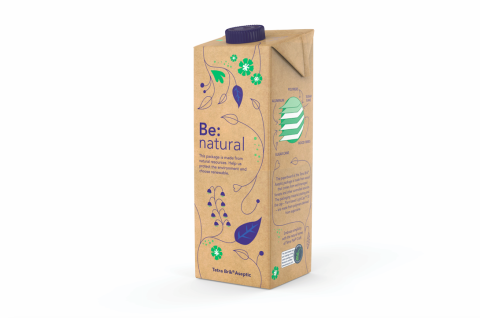Made in SA
Re-Made in SA
For those who religiously divide their household waste up into different-coloured bins for recycling, Douw Steyn’s words may come as a little demoralising.
“We do promote separation at source,” Steyn says, “but we don’t want you to put five different bins in your kitchen. Just divide rubbish into recyclable and non-recyclable, and let it go to a sorting facility. There’s no way home owners can distinguish between 70 different types of plastic; a trained professional has to do that at a proper facility.”
Steyn speaks with some authority. He is the current chair of the National Recycling Forum (NFR) and the director for sustainability at another industry association, Plastics SA. Plastics SA recently set itself the ambitious target of “zero plastics to landfill” by 2030, and is the only African signatory to the Marine Litter Solutions declaration, which commits it to research and action on removing plastic waste from the sea.
Recycling in South Africa is much better than you may think, Steyn says. Around 57% of recoverable plastic is recycled, along with 66% of paper, numbers which aren’t far off European Union figures of 66% and 72% respectively. Even more impressive is that the majority of that comes from household waste, about 60% of which in turn comes from informal “collectors” – the guys hauling giant trolleys up and down the street all day looking for waste to sell on.
“It’s not an easy business at any level,” Steyn says. “According to studies by the Institute of Waste Management, recycling is worth about R15-billion a year to the economy, and employs 29 000 people in 235 companies just in the plastics industries. The problem is that the majority of businesses are small, family-owned SMEs, and they struggle with managing the fact that prices fluctuate all the time. If the oil price rises, as it is doing at the moment, virgin material costs fall, making it harder for the recyclers to compete.”
John Hunt is the managing director of Mpact Recycling, one of South Africa’s largest paper recycling firms, which is currently upgrading its processing facility at Flexton Mill. Even though this facility alone represents a R765-million investment, Hunt says the big difference between developing and developed nations when it comes to recycling is that the former tend to be labour-intensive, while the latter are more capital-intensive businesses. Its PET plastics facility, which opened in 2015, recycles some 29 000 tonnes of materials a year and supports a network of around 1 000 collectors.
Hunt says a culture of recycling is emerging in South Africa, partly helped by initiatives such as Mpact’s own “Ronnie Recycler” campaign, which runs in schools, and similar campaigns in churches, communities and office parks. He says the value of recycling to GDP could rise from its current 0.51% (around R15.3-billion per year) to between 1% and 1.5% with the investment. That, he continues, could create up to 100 000 more jobs in the sector.
“It’s an ongoing process of education and awareness-raising,” says Hunt. “Some people will recycle as a matter of conscience; others are willing to start recycling once they realise how many jobs are created.”
Where can you recycle your stuff?
Sadly, even in municipalities and metros that do provide two or more bins for rubbish, contracted collectors have been seen tipping both into the same general garbage truck. And for most of the country, the weekly collection doesn’t include a recycling round at all.
So, what can you do to make sure as much of your household waste as possible finds its way into the recycling system? Steyn points us towards www.mywaste.co.za, an interactive map with all of the nearest drop-off points, wherever you are.






 Sign-up and receive the Business Media MAGS newsletter OR SA Mining newsletter straight to your inbox.
Sign-up and receive the Business Media MAGS newsletter OR SA Mining newsletter straight to your inbox.